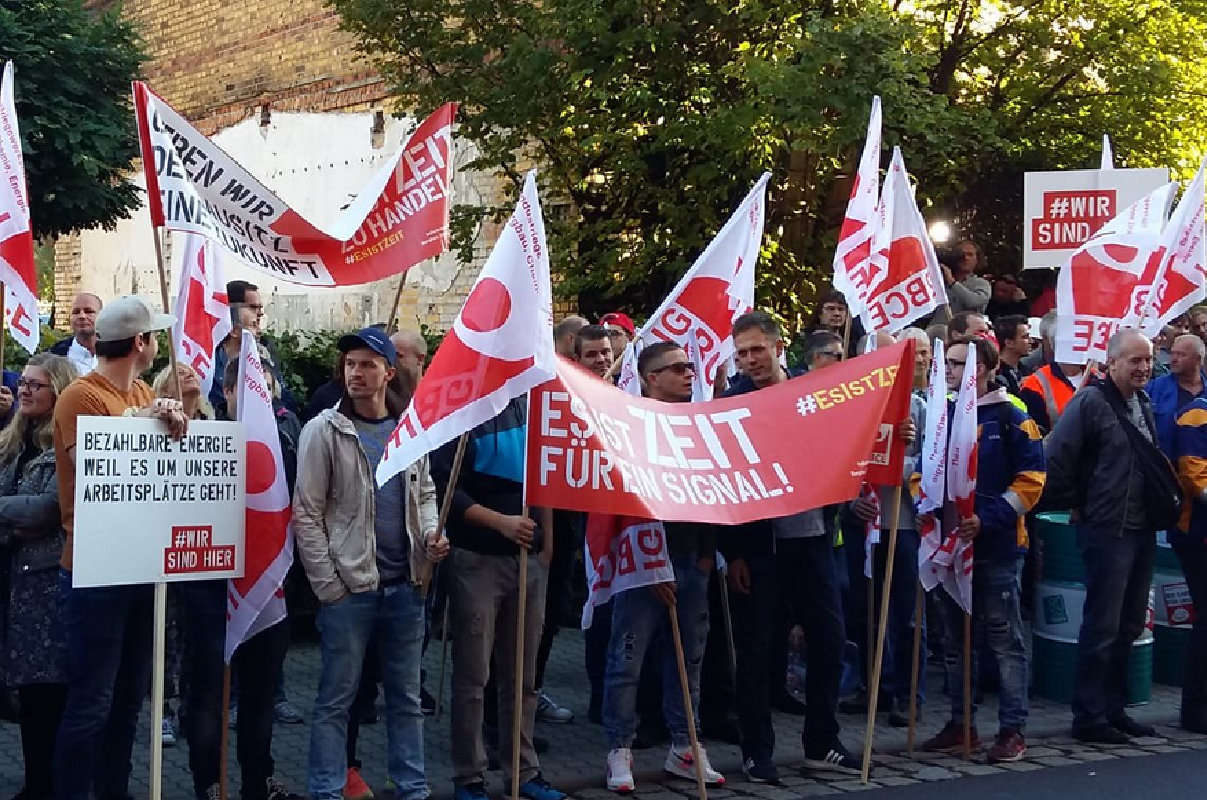Dr. Franziska Schütze is a Research Associate in the climate policy department at DIW Berlin and coordinator of the Sustainable Finance Research Platform. Prior to DIW, she worked at the Global Climate Forum e.V. and obtained her Ph.D. at the University of Potsdam. Her research aims at understanding economic implications of climate and energy policies and the role of the financial sector.
More than 'green' and 'brown': How sustainable finance can enable the transition
„Shifting the trillions“ - that is how the German government’s Sustainable Finance Committee named its final 2021 report containing 31 recommendations that shall facilitate the formation of „a sustainable financial system for the great transformation.“ But what does this actually mean?
From a research perspective, sustainable finance can be divided into three branches. First, researchers can examine how different types of investors seek to support sustainability goals by reallocating their funds. Large institutional investors often have built up internal expertise for managing the sustainability of their portfolios, but many smaller firms and retail investors need to rely on existing sustainability ratings and labels.
Second, scholars and practitioners are working on the assessment of sustainability risks and opportunities for companies in different sectors as well as for entire financial portfolios and the financial system as a whole. The results of the first climate risk stress test by the European Central Bank are expected for this summer. For both purposes, the availability of reliable, comparable and forward-looking information (such as climate targets, decarbonisation measures and investment plans) is a requirement for attracting the necessary investments and revealing future-proof business models.
The third research area therefore focuses on the effects of sustainability reporting and how to set up a coherent and practicable reporting framework. As more and more countries plan to introduce or expand obligations on sustainability reporting, this aspect in particular will affect large parts of the private business sector.
Looking at the current state of the public debate on sustainable finance, many discussions focus on the potential influence of investor decisions and strategies. A study from the Universität Augsburg found that the divestments of large US and European capital funds had an negative impact on the valuation and carbon emissions of affected firms, which elicited enthusiastic but also critical reactions. Sceptics doubt the effectiveness of divestments and instead argue in favour of engagement strategies, which means that investors seek dialogue with polluting firms and help them become more climate-friendly instead of pulling their investment out.
"More light should be shed on the transformation of companies and business models"
A commonly accepted framework for the disclosure and verification of sustainability-related risks, climate targets and investment plans could be a useful instrument for structuring such dialogue. It would allow emission-intensive companies to finance investments into the decarbonisation of their activities and at the same time provide investors with an opportunity for having a stronger impact on climate and sustainability goals. To ensure that firms implement the required measures and reach their targets, the systematic collection of backward and forward-looking sustainability information is indispensable.
Academia can support the development of reporting standards that strike the right balance between ambition and feasibility. Considering sustainable finance an opportunity for the transformation to a sustainable economy yields more potential than the mere expansion of a niche banking or investment segment. It offers a chance to overcome the short-term orientation of financial markets (the so-called „tragedy of the horizon“) and become a facilitator of long-term opportunities from mitigating climate change.
A key condition for this to succeed is the presence of a critical and informed public. The discussion about what is sustainable and how to define and measure impact will continue. As a result, governments and regulators must advance the development of a common framework for the reporting and assessment of sustainability aspects. Moreover, widespread availability of consistent and comparable forward-looking data would facilitate monitoring through external players, including the media.
Regarding the current coverage of sustainable finance topics, this could lead to new perspectives. Instead of focusing on a division of the status quo into categories like “green” for sustainable and “brown” for unsustainable activities, more light should be shed on the transformation of companies and business models. More transparent reporting on industries can help to evaluate the credibility of such transition plans. In the buildings sector, for example, next to the question whether existing houses are energy efficient and “green,” the key question is which steps owners plan to make inefficient “brown” buildings more climate-friendly (“green”). A general open-mindedness towards every company that is committed to investing into its transformation is what could make sustainable finance a real gamechanger – and journalists must play a central role in shaping the public debate needed to achieve this.
For anyone looking to cover similar stories, join our journalist briefing on April 7th where Franziska Schütze will be one of our speakers. You can find more information and sign up here.

